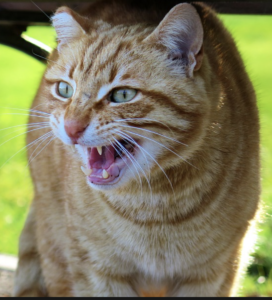Importance of early intervention for behaviour problems
Veterinary behaviour is a complex field. Behaviour is influenced by many factors but the three major factors influencing behaviour are:
- Genetic predisposition of an animal
- The animal’s learning
- The environment that is affecting the animal
So let’s delve into these factors a little more deeply…
Firstly, genetic predisposition:
Genetic predisposition is not just what the animal was given at conception such as innate behaviours of the species and personality traits from the parents, but can also be changed through epigenetic influences. Nutrition and stress as well as other factors that are affecting a pregnant mother will turn genes on or off in the offspring, leading to long-term future effects.
The environment and experiences of an animal not only have direct effects on behaviour but also play a role in epigenetics, especially when the animal is young and developing.
Next, let’s get to learning:
Learning happens through experience. An animal doesn’t just learn through training or what is actively taught, but also learns through environment and general life experiences. Motivation towards or away from behaviour will occur. Conflict can develop. Fear can be a conditioned response to some situations and pervasive anxiety can develop in some individuals. There are different types of learning and many people only talk about cognitive learning in animals and fail to recognise that emotional learning is often also occurring.
When discussing the environment, we cannot just consider the external environment, but also the internal environment.
An animal’s health status will affect behaviour and can have a hugely negative impact. Fear or anxiety can increase with illness or pain.
The external environment can also affect behaviour by exposure to stimuli an animal fears or situations that increase anxiety. The external environment can also bring about joy when an animal has exposure to situations that are fun, exciting and meet their needs.
As is clear from this post, all these factors are intertwined. For animals who show evidence of a clinical behaviour problem, genes can be turned on or off and brain circuitry can change and cause deterioration of the behaviour as well as the quality of life of pet and sometimes also owner.
It is important these individuals get appropriate treatment as soon as possible. These problems are not training issues and need someone with an understanding of emotional as well as cognitive learning to prescribe a management plan.




